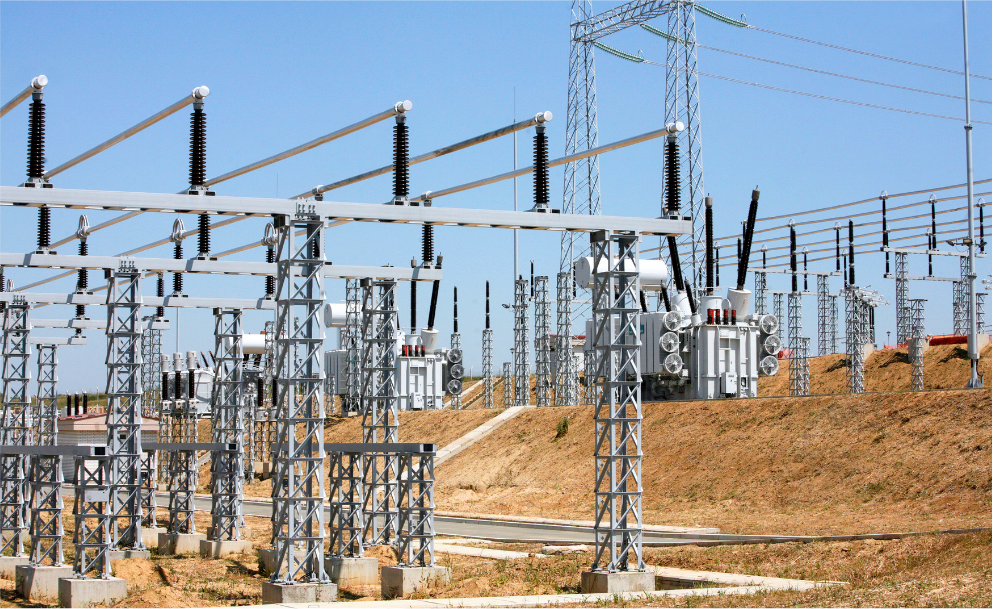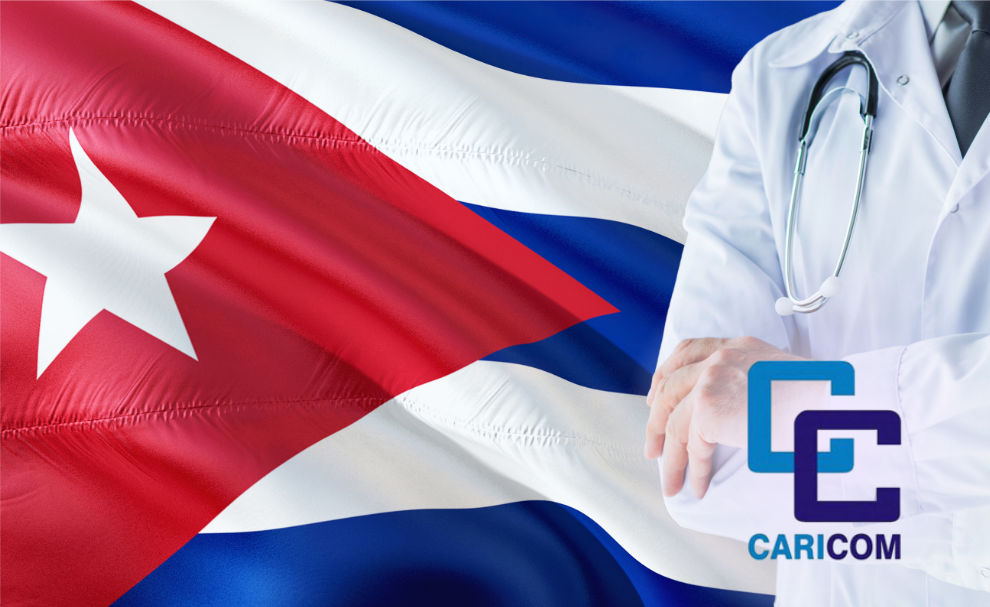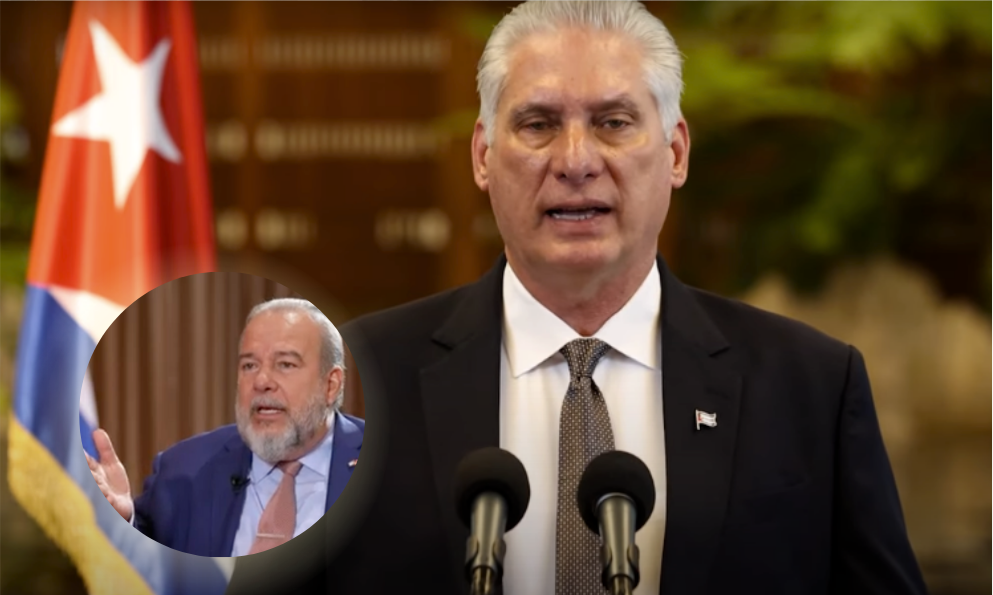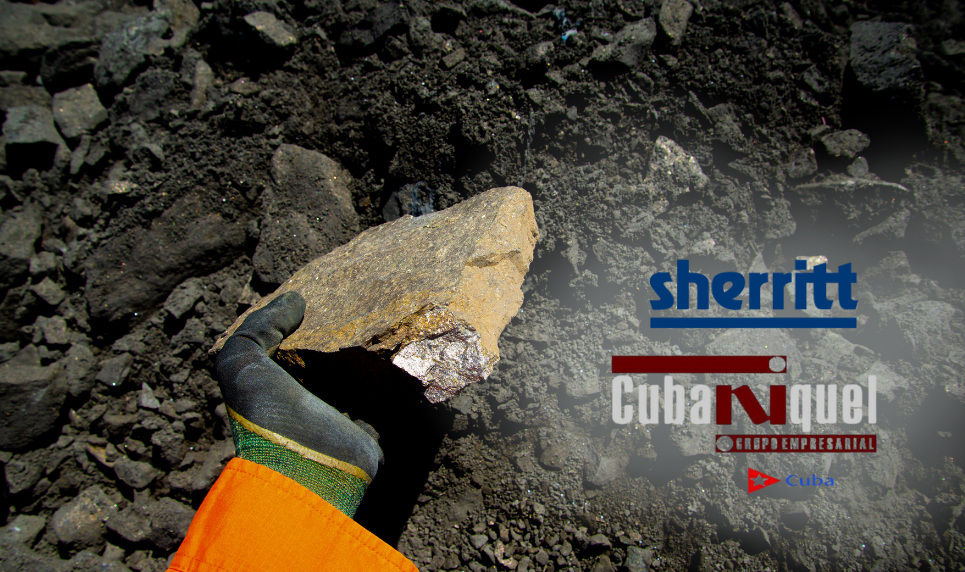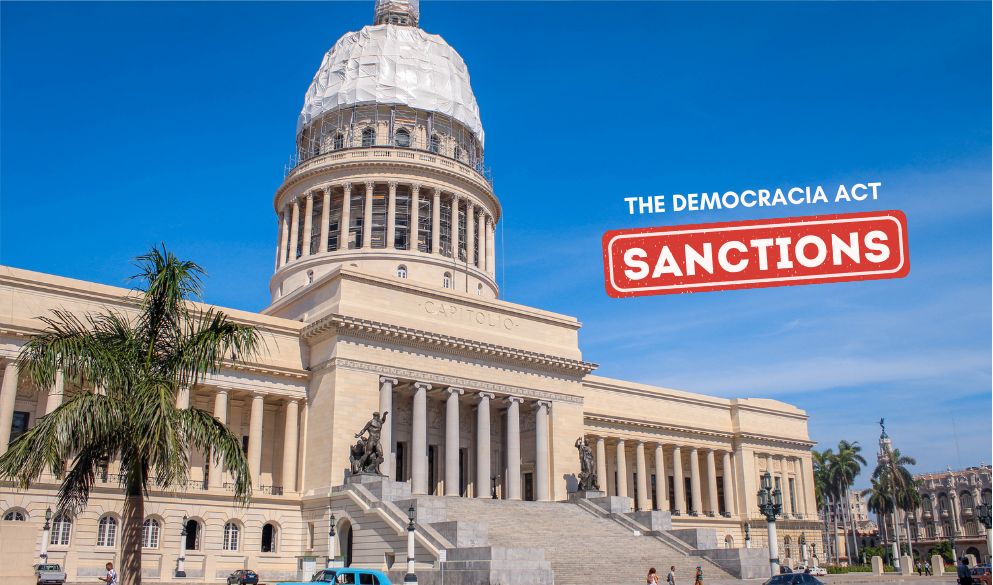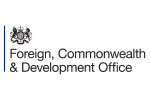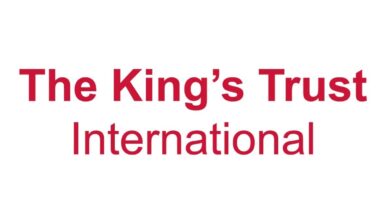03 February 2025
Cuba is now far ahead of most countries in the region in relation to cybersecurity despite the absence of co-operation from the US, according to senior Cuban officials. It is also rapidly developing an Artificial Intelligence capacity through an integrated programme involving state and private sector entities.
Speaking during a recent edition of the Cuban television programme Mesa Redonda, Yoandry Pardo, the Director of Computerisation at the Ministry of Communications, said that although the Americas is one of the most backward regions in terms of cybersecurity, Cuba in recent years, “and especially now,” has been able to accelerate its progress as “rapprochements have been achieved in friendly countries such as Russia, China and Vietnam.”
With approval last year by the government of a digital transformation policy and an artificial intelligence strategy, Pardo said, the importance of the cross-cutting issue of cybersecurity to ensure that both processes are secure has been recognised. Both, he told viewers, were vital for the sovereignty of the country and for the protection of citizens’ data.
Speaking on the same programme, Daniel Perea, the Director General of the Office of Security for Computer Networks (OSRI), noted that as Cuba became a more interconnected society, cybersecurity had become vital to the protection of critical infrastructure and the country’s financial and other gateways.
Perea said that a lack of resources, the US embargo, and the cost of technologies, all presented additional challenges to Cuba’s ability to counteract cyberattacks against the systems its uses, which are based on free software technology and the development of industry-specific solutions.
Because Cuba had been excluded from international cooperation to improve responses through the cybersecurity information system, CERTS, it has had to establish its own “CuCERT,” system to receive and examine cybersecurity reports, as well as develop information on emerging threats, Perea noted.
Highlights in this issue:
- Official figures show visitor arrivals fell by 9.6% last year
- Cuba’s inflation rate in 2024 reached nearly 25%.
- President criticises Trump’s decision to send 30,000 migrants to Guantanamo naval base
- Sweden seeking support for a review of the EU-Cuba PCDA agreement
- Banco Nacional to take CRF I debt issue to UK Supreme Court
Later in the same programme, addressing the evolving cyber threats facing the country as Cuba expands the automation of it industries, Edismar Saavedra, the Director General of Strategic Projection at the Ministry of Industry, noted that Cuba adopts higher the level of automations, the more vulnerable its businesses are to being attacked.
As soon as automatic elements begin to be incorporated into technological lines, they are more vulnerable and “that is why security levels must increase in proportion to the development of the evolution of the industry,” he said. For this reason, Cuban managers must increase their risk perception and educate their staff to consolidate industrial cybersecurity in all facilities, Saavedra observed.
The broadcast made clear the continuing centrality to Cuba’s cyber security and AI development of the Faculty of Cybersecurity at the Cuba’s University of Computer Sciences (UCI) located near Havana, and UCI itself which was established in 2002 and is now producing annually large numbers of graduates for all parts of the Cuban government and helping develop rapidly emerging groups of private developers.
Speaking on the programme, Dr Mónica Peña, the UCI’s Dean, stressed the importance now being placed on the training of cybersecurity specialists to respond to current demands. Specialist degree courses in cybersecurity engineering and short cycle courses have, she said, been established involving what she described as “a fairly large enrolment, from various sectors of society.” UCI, she said, was now providing one of the most advanced degree courses in Latin America, addressing topics such as critical infrastructure security, forensic computing, and secure software development.
In a separate but related development, Russia and Cuba have agreed to implement several joint projects related to non-western communications and information technology.
According to the Russian media, a recent seminar in Cuba, “The Path to Technological Independence,” reportedly addressed collaboration based on “reliable Russian platforms. At the event, Valentin Makarov, the President of Russia’s Russoft Association, spoke about how the organisation’s focus on the global market changed in 2022 following the start of Russia’s military operations in Ukraine.
The Association’s task now, he said, was to reorient itself towards the domestic market, with a strong emphasis on import substitution programmes, enabling it “to replace all Western technology to achieve full sovereignty.” This was an experience, he said, that Russoft “now wants to transfer to friendly countries such as Cuba.”
Makarov, was reported to have said that the hope is that joint projects with the Cuban company Aikros would enable the development of a platform to provide computer products for the Latin American market. Russoft brings together more than 360 Russian companies which together have about 100,000 employees,
Cuban reporting relating to the meeting indicated that at it, both Russia and Cuba had “expressed their support for developing collaboration for the use of Artificial Intelligence,” and the importance of Russia’s experience with automation in relation to Cuba’s national energy system.
Cuba has also made clear that it is placing significant emphasis on developing its expertise in relation to artificial intelligence by joining with entities in BRICS member countries and as reported previously, with China.
In the case of the BRICS plus group, of which Cuba is now an associate member, the island is now a part of the BRICS AI Alliance Network and is aiming to develop closer strategic cooperation. It is also hoping to explore possible financial support from the Russian state bank, Sberbank, that is available to facilitate joint research in AI technology and regulation in BRICS plus nations. In Cuba’s case, according to Rafael Luis Torralbas, the President of the Havana Scientific and Technological Park, a Cuban commercial entity, it is planning an event for this year that is expected to bring together experts from BRICS plus countries and related organisations to present projects and seek support from Sberbank’s common fund.
Although Cuba has a community of researchers, there are so far few national developers or products and services that incorporate AI. To address this, Cuba has established a national development strategy for AI involving all research groups and universities working in the area with the objective of delivering a national digital transformation policy. The intention now, officials say, is to create and implement an AI strategy that will initially be applied to higher education, transcripting voice to text, and developing cutting-edge generative AI technologies, before moving on to other objectives.
03 February 2025, Issue 1265
The Caribbean Council is able to provide further detail about all of the stories in Cuba Briefing. If you would like a more detailed insight into any of the content of today’s issue, please get in touch.


